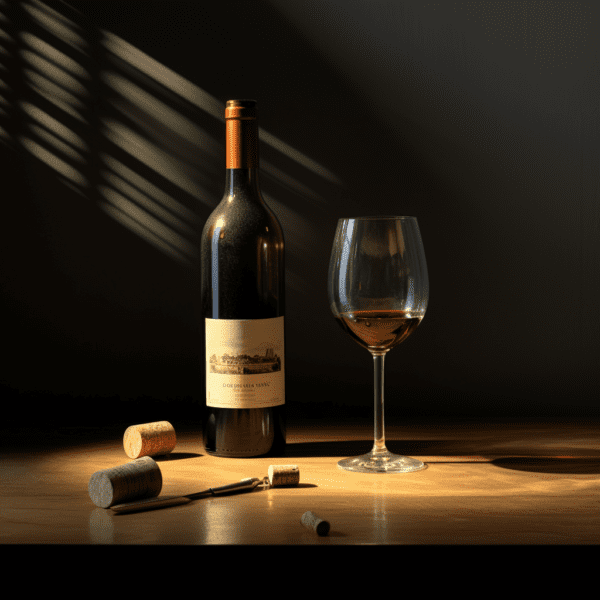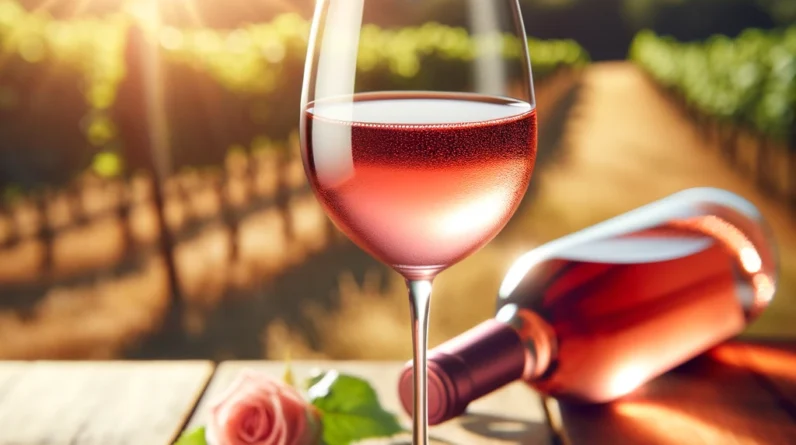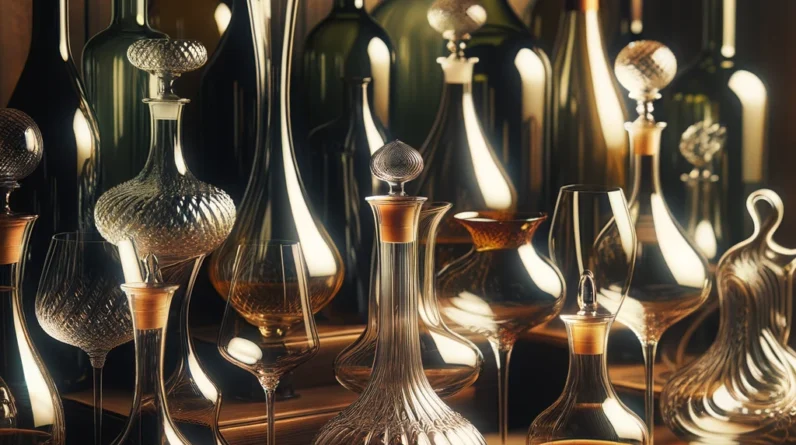
Wine.
A beloved beverage celebrated globally.
But, do you ever find yourself questioning, “Is my wine still good?”
Wine Storage Basics
Imagine buying an expensive bottle of wine only to ruin it due to poor storage.
Heartbreaking, right?
It’s crucial to understand the difference in longevity between opened and unopened wine.
Even more critical?
Storing it right.
Unopened Wine and Its Shelf Life
Different wines, different lifespans.
Here’s a cheat sheet:
- Bottled white wine: Expect a good 1–2 years.
- Bottled rosé: Same as white, 1–2 years.
- Bottled red wine: A bit more generous, with 2–3 years.
- Non-vintage sparkling wine: These can surprise you with a 3–4 year lifespan.
- Vintage sparkling wine: Hold on tight; these can last anywhere from 5–10 years!
- Fortified wine: Some can age gracefully for decades.
The Lifespan of Opened Wine
Once you pop the cork, the clock starts ticking.
Why?
Oxidation.
This natural process alters the wine’s character, and not in a good way.
But that’s not the only culprit.
Bacteria and other tiny invaders can wreak havoc too.
Here’s the lowdown post-opening:
- Sparkling wine: Best consumed within 1–2 days.
- White and Rosé wine: Keep them fresh for 3–5 days.
- Red wine: A bit more resilient, 3–6 days.
- Fortified wine: With a solid 1–3 weeks, take your time.
Want a top tip?
Minimize oxygen exposure.
Recork or use a wine stopper.
And remember, white wines in the fridge, reds in a cool, dark corner.
Recognizing Spoiled Wine
Ever taken a sip and made a face?
Here’s how to avoid that next time:
- Visual: Notice a murky brown in your red or a deeper yellow in your white? Time to say goodbye.
- Smell: Vinegar or damp basement isn’t what you want. Or worse, garlic or burnt rubber? That’s a faulty bottle.
- Taste: A sharp, sour sip or a strong chemical flavor is a no-go.
- Physical indicators: Unwanted bubbles in your still wine? Check. Cork issues? Another red flag.
The Health Implications of Drinking Spoiled Wine
While a sip of off wine might not be fatal, it’s best to err on the side of caution.
Oxidized wine might taste like vinegar but won’t hurt you.
However, wine spoiled by harmful microbes?
That’s a different story.
If you start to experience stomach cramps, nausea, or fever after sipping, it’s best to stop.
Your health is more important than finishing that bottle.
Your wine experience should be exquisite, not regretful.
By understanding storage, recognizing spoilage signs, and acting responsibly, every glass becomes a toast to good health and even better memories.
FAQ:
- How long can I store opened red wine?
Typically, 3-6 days in a cool, dark place.
- Is a change in wine color always a sign of spoilage?
Not always, but it’s a strong indicator.
- What’s the best way to store white wine after opening?
Pop it in the fridge with a tight seal.
- Does all spoiled wine taste like vinegar?
Not necessarily. Off-flavors can vary.
- Are there health benefits to drinking wine?
In moderation, some studies suggest heart health benefits.
Resources:








